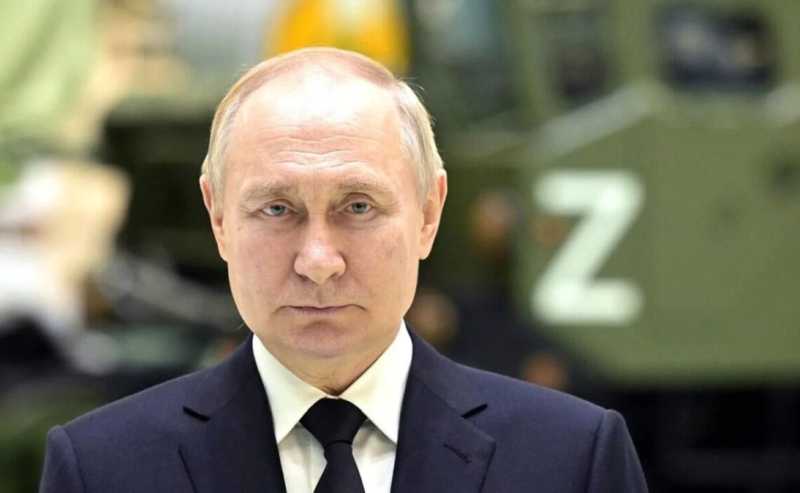The power of any dictator, even the most brutal, is never absolute. It is always conventional, that is, it remains a conditional agreement of his environment: a few dozen top civil, gendarmerie, media and military officials
The power of dictators is very fragile
The reasons why notables are subordinate to a monarch, president, or tribal leader vary across cultures. It can be tradition, animal fear, selfish interest, loyalty to the oath, sincere respect for the outstanding personality of the leader, religious fanaticism, or a combination of several of these factors.
Coups occur when a critical mass of these key characters lose their motives for submission, and the most determined of them reach out for someone's snuffbox, and someone's scarf. The power of a dictator is actually much more fragile than that of a democratically elected leader.
For the last 25 years of his life, the same Comrade Stalin, each time waking up, returned from a short oblivion to the solution of the same dilemma of the day – the Kremlin or the morgue. Therefore, he constantly shook up his associates until he found himself lying helplessly in a puddle of his own urine on the floor of his ascetic residence in Kuntsevo. “You can see that Comrade Stalin is sleeping. Put him on the couch.”
Today's people are stopped not by fear of the sharply aged night porter of our institution. Vladimir Putin is simply ridiculous in his desperate attempts to remain the centaur of “Abramovich-Stalin” for another 16 years.
Notables, and indeed the entire Russian golden million, are stopped by the anthropological horror of the prospect of being left alone with a gloomy, infinitely alien and wild people in their imagination. One on one, without the media product “Vladimir Putin, son of the people” brilliantly conceived in a television test tube.
The post-Petrine split into two civilizationally alien ethnic groups – the gentleman and the peasant – turned out to be fundamental for Russian society. The October Revolution he spawned, which destroyed first the master, and 10 years later, the peasant as well, created as a result a profane couple – the nomenklatura lumpen master and the declassed lumpen peasant.
Privatization revolution in the early 1990s, it did not blur, but, on the contrary, sharply aggravated this split, fatal for the existence of the state. .
The lords created a “protector” for the people
Educated from the lord's servants found a brilliant move. “Chechen terrorists” somehow blew up several peasant houses just in time, and the deafened lumpen-muzhik was presented as a savior a subject taken out of the master's sleeve with the ideal semantic and behavioral DNA of “real St. Petersburg punks.” “Our” is the female soul of Russia, contentedly worn along the rigid vertical.
Superbly cobbled together from what it was, the brand of the people's protector allowed the lumpen oligarchs to triumphantly climb the steps of the Forbs lists and reports of Western services that controlled the movement of criminally acquired capital for another 20 years.
Officially it was called: “Get up from your knees!”, ” We curse the dashing 90s!”, “We are becoming a great energy power!”, “We can repeat it!”, “Overcoming the biggest geopolitical catastrophe of the 20th century!” and the modest charisma of the bourgeoisie irresistibly sucked in the brazen galley slave. But this already decayed leaf is the last tie – the umbilical cord that connects the Russian political class with the population of the occupied territories.
To disavow it and throw it in the trash would mean to finally expose all the shame of the last thirty years. And then, according to circumstances, either to the scaffold or to the last thieves' steamer.

